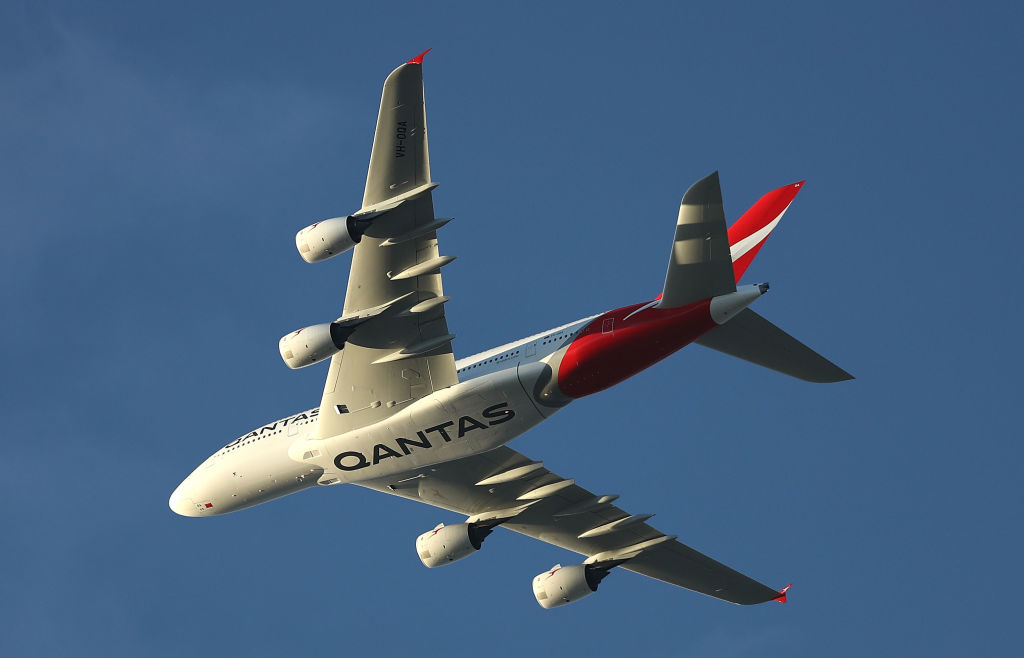
It’s in Australians’ DNA to go forth and conquer the world through international travel. Aussies are the long-haul experts. But now we’re not allowed to undertake outbound travel and inbound is challenging for those not flying business class.
While many are keen to start travelling again and willing to pay for a Covid-19 test to help ease the restrictions on them, they face unpredictable factors, including quarantine and additional border controls.
Covid-19 may not kill international travel, but it has certainly wounded it. Several measures need to be in place before we can get people back in the air (including allowing Victorians to fly interstate) and give the international travel industry the boost it needs.
First would be real-time coronavirus testing for people getting on and off the planes, like the rapid, cheap and reliable test being developed in Israel. Israeli scientists are testing a new gargle-and-spit test that’s super-fast and 95% accurate.
The technology has the potential to replace polymerase chain reaction (PCR) testing, which involves an unpleasant swabbing process and requires lengthy lab analysis, as the main screening method used worldwide.
Accelerated PCR testing, the fastest current method, is not widely available and, with a 15-minute turnaround at best, comes at a financial cost and with reduced accuracy. The spit test is intended to replace most PCR tests, especially in places requiring mass screening.
PCR swab testing on arrival is already a reality at many airports around the world. London’s Heathrow, for example, now has a testing facility at one terminal and will have another ready soon. More than 13,000 passengers can be tested in a day, and that can be scaled up depending on demand.
The British government is considering whether the testing will permit arriving passengers to be released from the 14-day quarantine requirement. The cost of the UK test on arrival is around $270 and it gives a result within hours. But it’s a confused picture. Countries are changing their rules fairly regularly, which means travellers can’t be sure if they need a test 72 hours before departure, on arrival or perhaps both.
The reality is that the PCR test is only a stop-gap measure because it has significant weaknesses. A traveller who has been tested might contract the disease on the flight, or even at the airport upon arrival. And, since the virus can incubate for four to 10 days, a negative pre-departure or arrival test might prove to be wrong.
Only a period in quarantine can bring that assurance. PCR tests take many hours, or days, to come back and the traveller must be isolated for that time.
We need an immediate, low-cost, no-hardware diagnostic test, such as the spit test, for everyone boarding an aircraft and at every stop. This will be a way to stop the spread of the virus without a vaccine.
We also need to rethink quarantine arrangements and have two levels of quarantine built into our national and state emergency plans. We need to be able to rapidly assemble mass-quarantine facilities when large numbers of people need to be tested, such as when cruise ships arrive.
And we need standing quarantine facilities where people can be housed when hotels are no longer viable. It could be a converted or long-term rented hotel. Such an institutionalised quarantine facility operated at Sydney Heads from the 1830s until 1984. Migrant ships arriving in Sydney with suspected contagious disease aboard offloaded passengers and crew to protect local residents. Another quarantine station was built at Point Nepean on the Mornington Peninsula in the 1850s.
A greater national effort needs to go into expanding screening and monitoring of existing and emerging diseases and researching drugs for short-term protection against Covid-19, just as travellers to malaria-affected areas take anti-malarial drugs for protection.
Once a vaccine is available, proof that it’s been administered will need to be electronically inserted into a smart passport. We should include in our advance passenger processing regime information on whether a traveller has been vaccinated, just as airlines are required to check whether a potential visitor has an appropriate visa.
Hopefully we’ll have a Covid-19 vaccine soon but, even then, immunity may last a relatively short time. So it’s still likely to be some time before Covid-19 disappears or dealing with it becomes normal. In the meantime, we’ll need to focus on holidaying at home and rediscovering our country.

